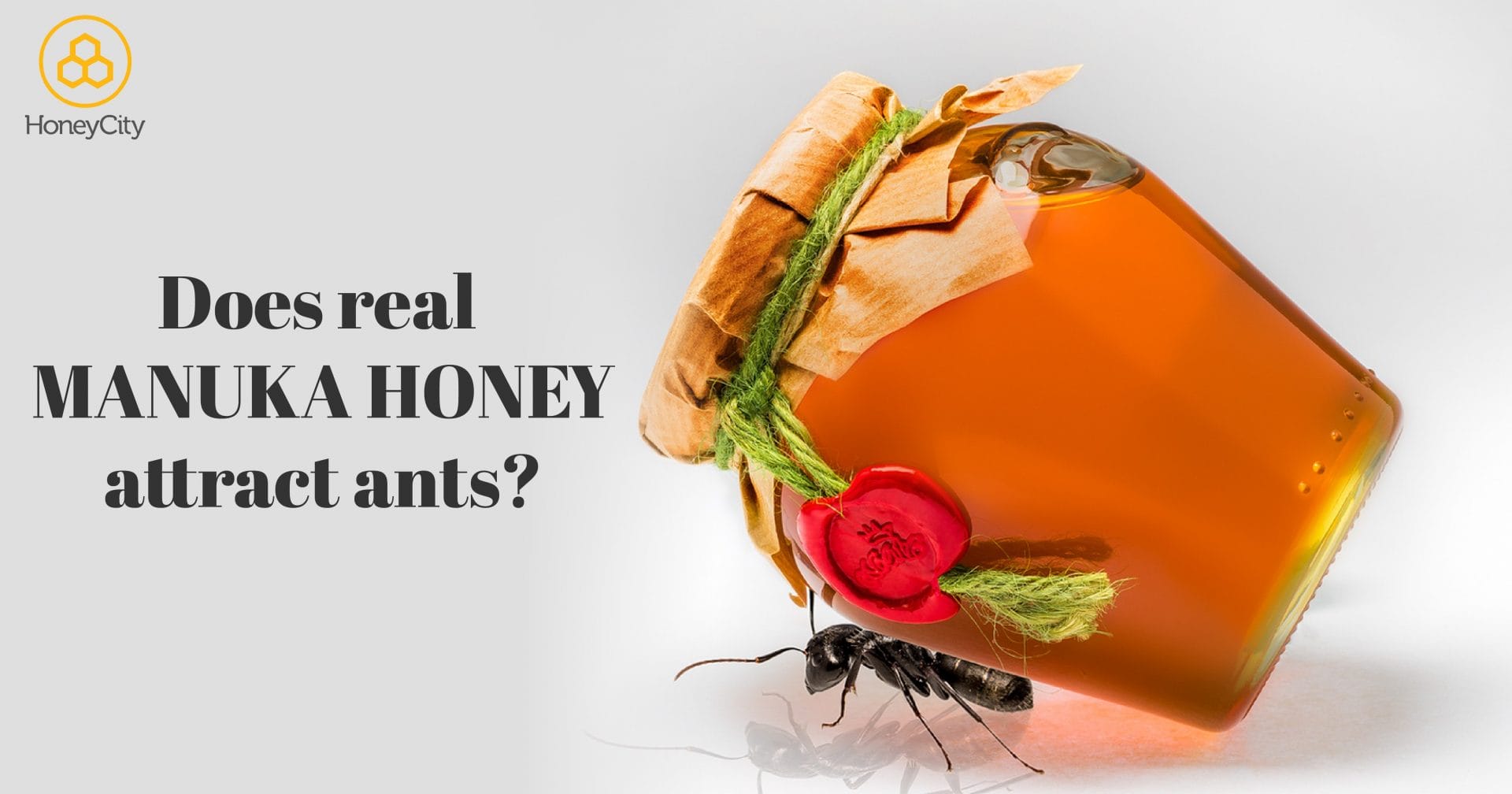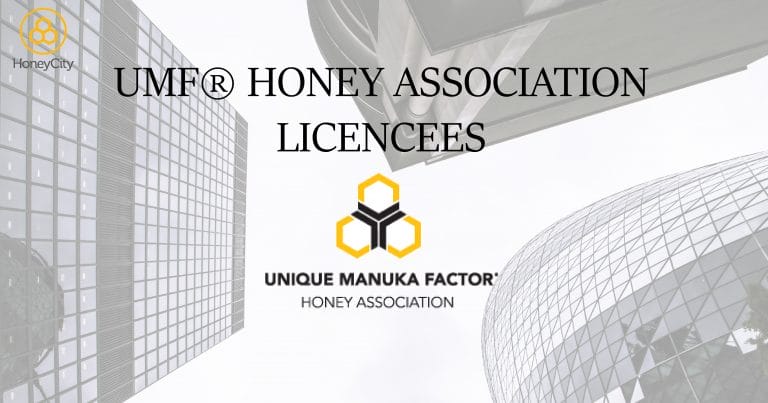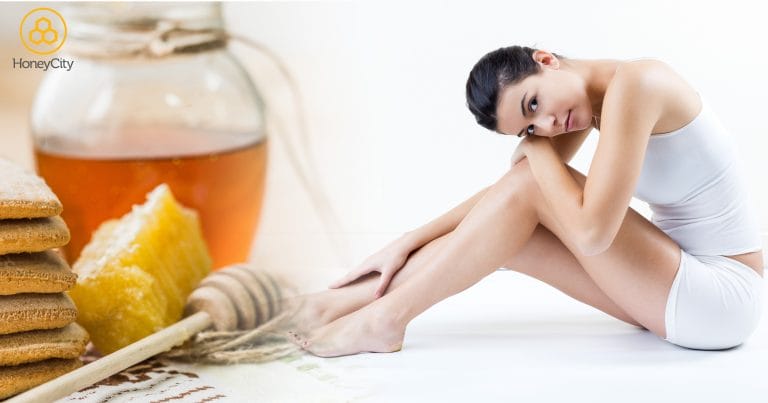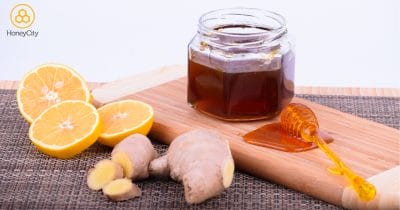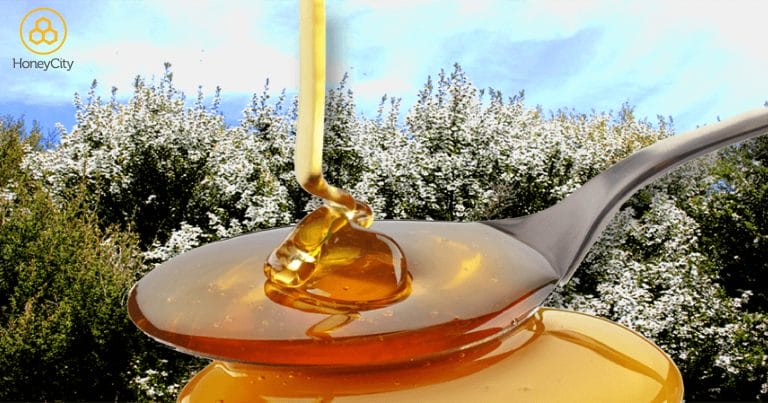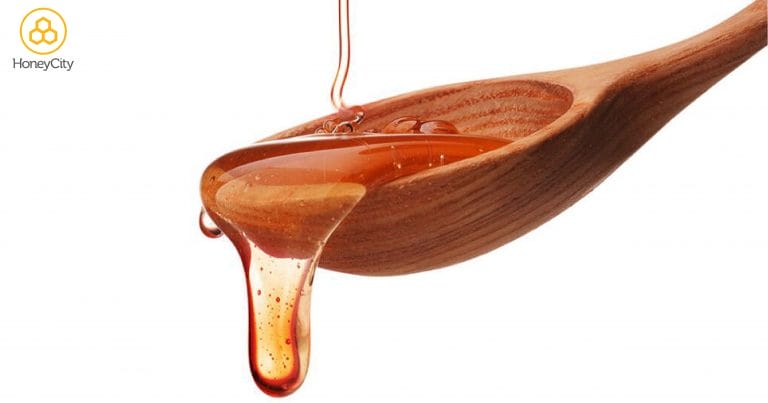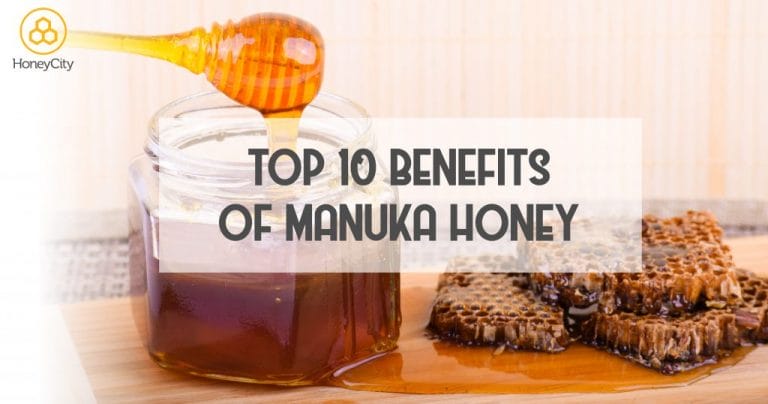Does manuka honey attract ant?
Manuka honey attract ant? Or only fake “honey” attract ants?
There are many different theories on whether manuka honey attract ants. There are various articles and reports that have different stands on this. Some state that real honey do not attract ants, only fake “honey” that is actually sugary syrup attracts ants, and real honey do not attract ants. By extension, some had views of manuka honey that attract ants as fakes. The truth is a lot more complicated.
We had conducted tests of various manuka honey, and the truth is different manuka honey have different reactions from ants.
We asked some senior experienced New Zealand beekeepers about this.
Honey in the wild does attract ants
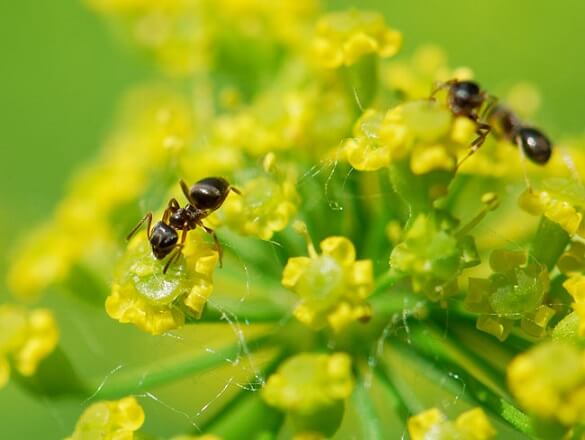
In nature, wild bees’ honey does attract ants. Ants look for food, and these are food that humans would love to eat too. If we go down to the basic, ants are attracted to moisture. Any food that has higher moisture will attract ants.
Moisture is the reason why different honey / manuka honey has different reaction to ants.
Water content in honey
It is true that sugary syrup attract ants more than real honey, as sugary syrup contains more moisture than honey. There are some honey (especially honey from dishonest seller / producers) that has water added to increase the weight.
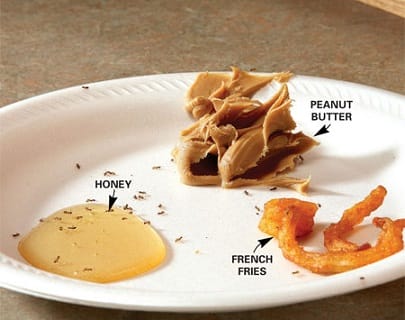
Pure honey has a moisture content of less than 20%. High quality manuka honey has even much lesser than that. However, any form of honey, including manuka honey, absorbs moisture from the air, making the outer layer of the pure honey to be diluted, attracting ants eventually to the honey. (Side note: manuka honey attract moisture, which is why manuka honey is such a terrific skin care product as it draws moisture to the skin that is applied on)
Hence any kind of manuka honey exposed to air will eventually attract ants, especially for a humid environment. Singapore and many tropical countries has a humid environment.
This make the tasks of finding and confirming real manuka honey even more difficult. UMF5+ manuka honey 500g can be as expensive as $50, while a similar bottle of honey would cost less than $10; a bottle of fake sugar syrup would cost less than $2. Hence imagine all the extra dishonest profit that a honey producer can make by introducing fake honey. Furthermore there are so many different standards of methylglyoxal measurement in manuka honey, such as MGO, MG, Active, AMF etc that serves only to confuse consumers and their hard-earned money.
Stick to New Zealand Government’s standard – UMF where every batch is lab tested and certified before sealed and sold to authorised dealer such as Manuka Honey

